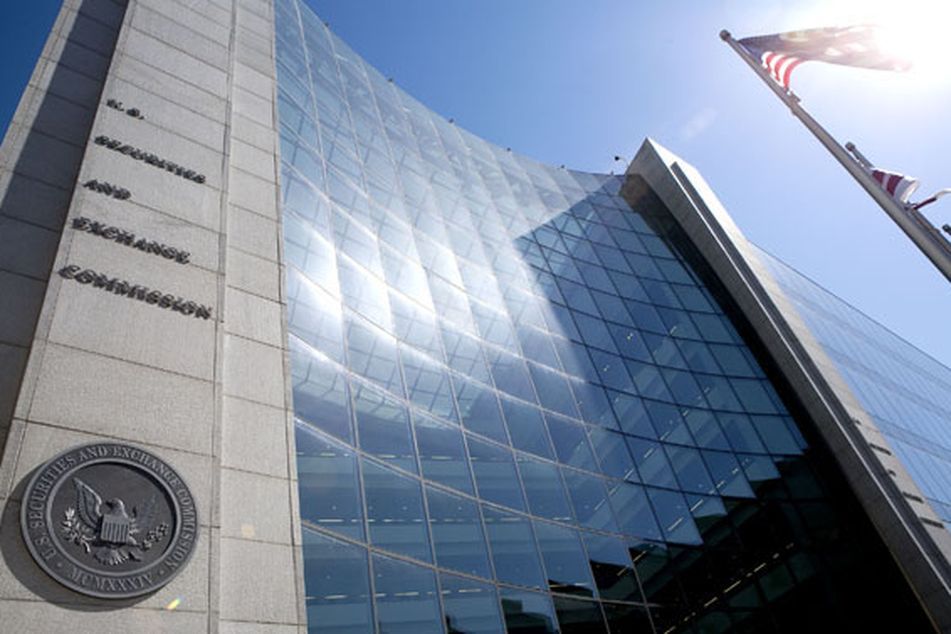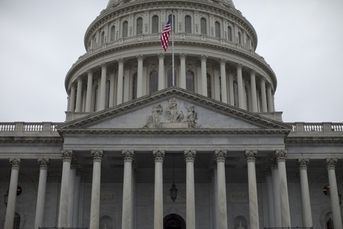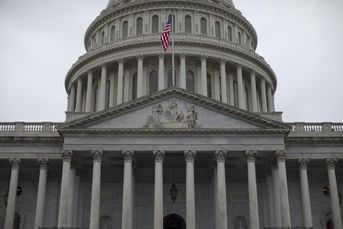Is split SEC vote behind delay of SRO report?

Schapiro having recused herself, four commissioners left to approve crucial study; report was due Monday
Since the sweeping Dodd-Frank financial reform legislation was signed into law six months ago, investment advisers have marked their calendars for mid-January. That’s when several Securities and Exchange Commission reports affecting the advisory industry are due to Congress.
As of 3 p.m. today, advisers will have to wait a little longer for the first of the studies — one assessing the SEC’s capacity to conduct adviser examinations and enforcement. In the report, the commission may ask Congress for authorization to establish a self-regulatory organization for advisers.
Under Dodd-Frank, the SEC was to have delivered the report to the House Financial Services Committee and the Senate Banking Committee on Monday, which marked 180 days after the measure was enacted July 21. But Monday was Martin Luther King Jr. Day, a federal holiday.
Given the way the calendar fell, the SEC was expected to send the report to Capitol Hill on Tuesday, but the day came and went without word from the agency. The report could be released at any moment, but SEC spokesman John Nester today did not offer a timeframe.
The agency might be delaying the report, for a couple of reasons. First, it is under an extraordinary strain to meet Dodd-Frank deadlines for nearly 20 reports and nearly 100 rulemakings. Since July, the SEC has been handling its usual workload and coping with Dodd-Frank without an increase in funding or significant staffing additions.
Adding to the complications: Commissioners appear to be divided over whether to establish an SRO for advisers. SEC Chairman Mary Schapiro has recused herself from the report because she is the former chief executive of the Financial Industry Regulatory Authority Inc., the SRO for broker dealers.
The remaining four commissioners may be having difficulty reaching a consensus. Commissioner Luis Aguilar favors maintaining SEC regulation of advisers. Commissioner Elisse Walter favors an SRO. It’s not clear where commissioners Kathleen Casey and Troy Paredes stand on the issue.
Ms. Casey met with representatives of LPL Financial on Tuesday to discuss the report, according to a document posted today on the SEC website.
Mr. Aguilar has come out clearly against a self-regulatory organization for advisers. In a speech in May 2009, he dismissed the argument that an SRO would be a way to bolster resources for adviser enforcement. The SEC reviews about 10% of advisers each year.
“A new SRO would need at least as many resources as a properly staffed and funded SEC, and would of course need to incur significant startup expenses and would most likely pay higher private-sector salaries,” Mr. Aguilar told the Investment Adviser Association in San Diego on May 7, 2009. “It would end up being a more costly alternative than if you simply provided the SEC with adequate resources.”
But getting adequate resources is proving difficult. SEC funding problems have been exacerbated under a continuing resolution approved by Congress that is in place until March 4. The measure requires all federal agencies to operate at last year’s funding levels until Congress passes a new budget.
Mr. Aguilar also opposes the idea of “outsourcing” the adviser oversight function to a private entity, because no such organization currently exists that specializes in enforcing the fiduciary standard that advisers must meet. “The SEC is the only securities regulator with the necessary experience in dealing with a principles-based regime,” Mr. Aguilar said in his San Diego speech.
As with the SEC, the regulatory issue has created deep tension between adviser organizations — which stridently oppose an SRO — and broker-dealer groups, who are pushing for an SRO. Their first choice? Finra.
Proponents of an SRO say that it would strengthen investor protection by ensuring that advisers were examined more regularly. Those that are pushing for Finra oversight say that it would develop a regulatory process for advisers that conforms to their business practices rather than trying to shoehorn them into Finra’s program for broker dealers.
Finra enforces the suitability rule, which is less stringent that fiduciary duty. It requires that an investment product fit a client’s needs, timeline and risk appetite. Advisers must act in their client’s best interests to meet the fiduciary standard.
“I believe that Congress should have authorized a self-regulatory organization for investment advisers (in the Dodd-Frank bill),” Ms. Walter, a former Finra official, said in a June 10 speech in London. “The presence of an additional national regulator or regulators, particularly one not dependent on funding by taxpayers, would enhance investment adviser oversight. That suggestion is quite unpopular in some circles, but it would be a step forward in my view.”
The step that the SEC takes remains shrouded in secrecy. The agency has been disciplined in not leaking the SRO report before giving it to Congress. Advocacy groups, who often get a jump on what’s coming out, are in the dark.
Some speculate, however, that the SEC effectively will punt on the issue, offering several different recommendations to Congress — establish an SRO, increase user fees on advisers or extend Finra’s authority to include dually registered advisers.
For now, though, Washington — and the advisory industry — waits.
Learn more about reprints and licensing for this article.






